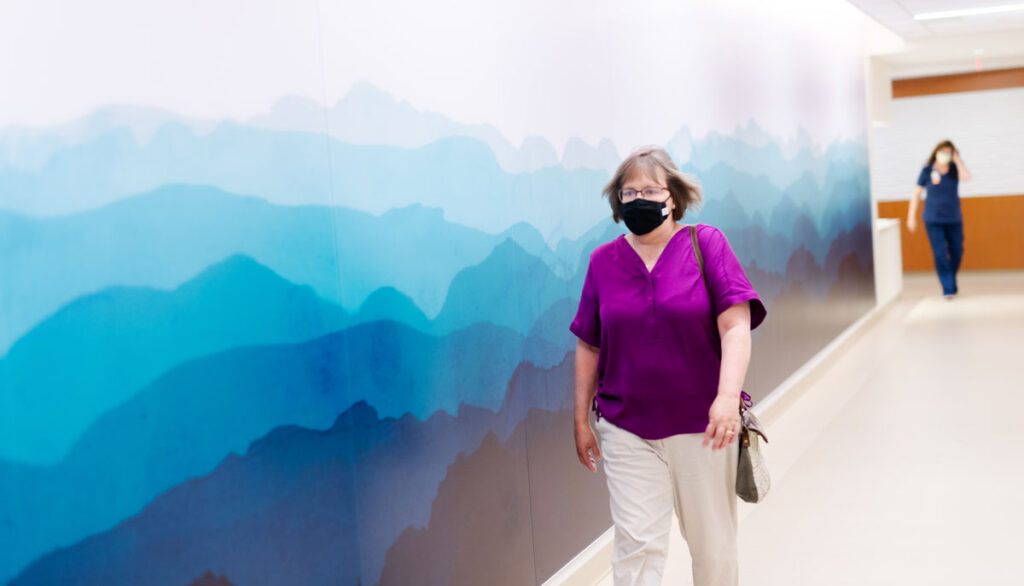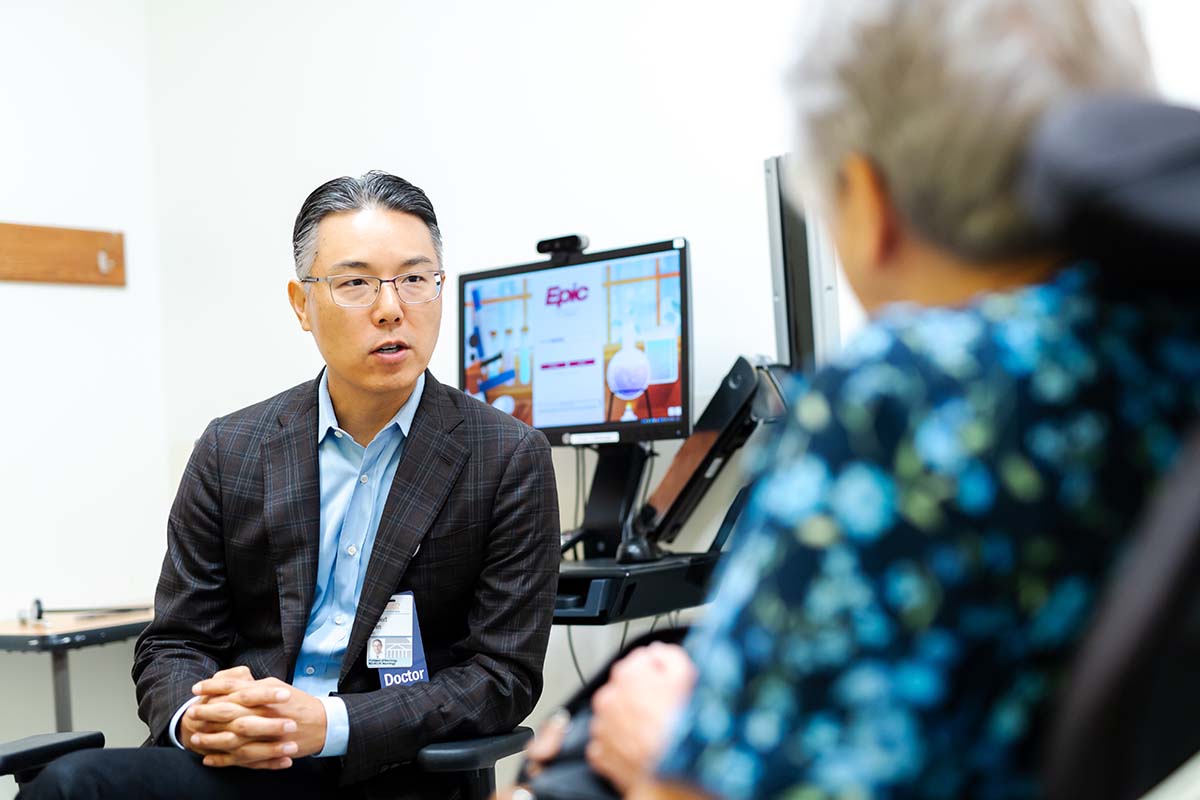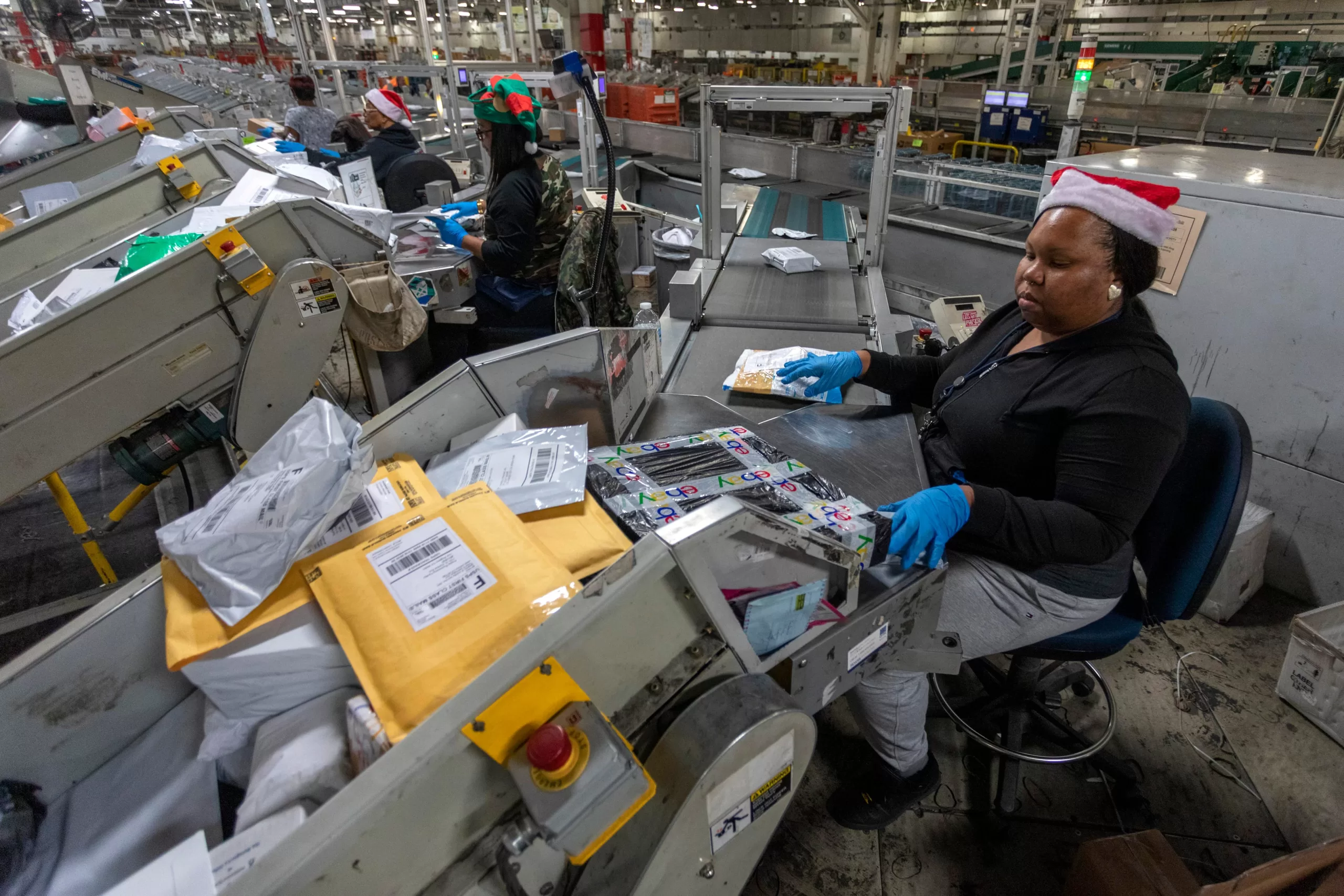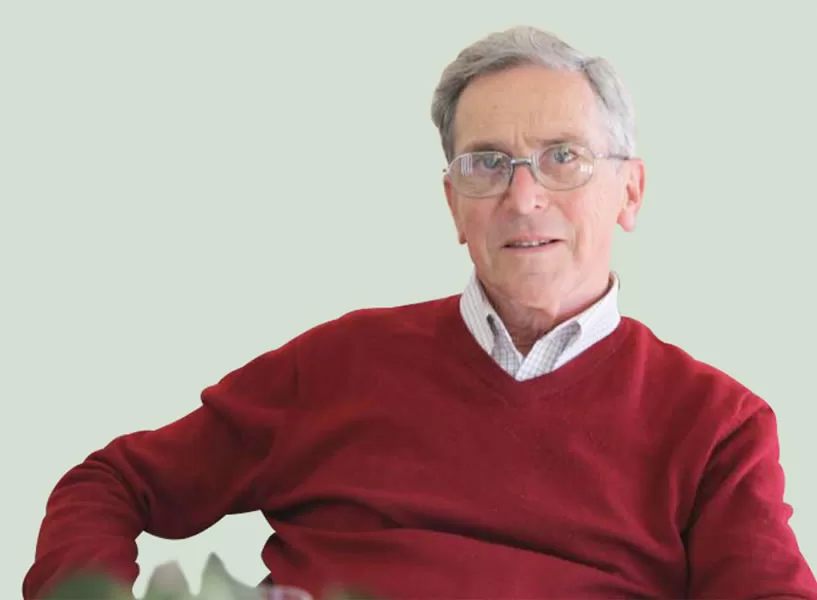Health
Live Your Best Life as a Stage 4 Cancer Survivor
[ad_1]
Anne Woodward had her dream job. Working in TV news, she got a front-row seat to history. But at 46, a breast cancer diagnosis made her shift her priorities. She retired early and made focusing on her health her full-time job.
She defied the odds and is among a growing number of longtime stage 4 cancer survivors.
“I’m in year 9 of a disease that has a median survival rate of 3 years. So I’ve been very fortunate that the treatments have worked for me,” Anne says.
A Decade of Insight for Stage 4 Cancer Survivors
Anne always kept up with her mammograms. So even her doctors were shocked when, in 2015, they found cancer in her liver. The cancer spread there (metastasized) after starting in her breast.
With metastatic breast cancer, Anne knows there’s no cure. But treatments have come far. She deals with fatigue, uncertainty, and many body scans, blood tests, and doctor checkups. But she’s also had a good life. And she’s gained a lot of insight on living with metastatic cancer.
In her own words, Anne shares 10 tips on how to live your best life as a stage 4 cancer survivor. She shares:
1. Live Near an NCI-Designated Cancer Center
One of the things that was incredibly important to us when we decided to retire in the mountains was healthcare, given my stage 4 cancer diagnosis. And so we did some research. We looked at North Carolina and Virginia. We fell in love with the landscape of Virginia.
And we looked up UVA Health and realized that, at the time, it was the only comprehensive cancer center designated by the National Cancer Institute (NCI). We knew UVA Health could offer the same high-quality healthcare that we had in a big city like Atlanta.
An NCI center has so many advantages because of the research and clinical trials it offers. I haven’t needed to enroll in a clinical trial yet, but I know how important one is if the standard care stops working for me.
We did our research when we decided to move and settled on UVA Health, which has been tremendous. We couldn’t be happier with my care.

2. Make Health Your Priority as a Stage 4 Cancer Survivor
I spent 27 years with CNN in Atlanta. I had about 400 employees and covered 8 cities. I was on the production side. So I got to play with technology and software and do lots of fun things, while getting a front row seat to history. It was amazing.
But then I left that career 2 years after my stage 4 cancer diagnosis. It just got to be too much. And I couldn’t do health and a job at the same time.
I had a lot of joint pain and fatigue initially. But mostly, it was the fatigue and the stress of my job. It just was overwhelming in terms of being able to function.
When I was working, I put all of my energy into work. And I would just collapse when I came home at night. I had no energy for the rest of my life.
3. Know That Making Changes Isn’t Giving In to Cancer
When I was diagnosed, my main goal in chemotherapy was to get back to work. And try to be the person that I was. And so I was very motivated to get back to work. And I worked really hard. I tried to prove to everybody that the cancer wasn’t winning.
But when I did a fly-fishing retreat with other stage 4 cancer patients, I realized at that moment that my life could be different. I could have a good life. I could change my life. To give up my career, wasn’t giving up. It was changing the facts of my situation.
And so that retreat was my pinnacle moment. It’s where it all snapped into place, that it’s OK to let go. It’s OK to do something different. Just because you aren’t working, you can have a good life.
4. Find a Specialist in Your Type of Cancer
When we decided to move to Charlottesville and the UVA Health area, I went on one of my Facebook support groups for cancer and asked for recommendations. Christiana Brenin’s name popped right up. She’s an oncologist at UVA Health Breast Care Center. Dr. Brenin specializes in breast cancer. That’s all she does. She is spot on. She’s so knowledgeable. It’s amazing.
So I had a doctor before I had bought a house. We had all the healthcare in line before we ever left Atlanta.
5. Stay Based in Facts, Not Fear
Throughout my entire diagnosis and treatment for an aggressive type of HER2-negative breast cancer, my husband and I have been very fact-based. We’ve tried not to act on the fear. We try to act on the facts.
I thought the first time I had a progression (treatment stopped keeping the cancer from growing), it would feel like a Mack truck hitting me again like when I was first diagnosed.
But my husband and I were able to move from treatment to treatment and not get freaked out by staying fact-based. We thought, ‘One treatment worked for 6 years. The next one will work again.’ So the cancer progressions have not been as scary as I thought they were going to be.
With both of my progressions, Dr. Brenin is like, OK, ‘You’ve had a progression. Here’s what’s going on. Here’s the treatment we’re going to go to.’ There was no hesitation from her. When I walked into the office, she had a plan. And so that gave us a lot of confidence with each progression. She’s been very pragmatic but very positive.
6. Some Days, Do Nothing
I’m on my third line of treatment. And I still suffer from a great deal of fatigue. And now I have what’s called hand and foot syndrome (a side effect of treatment). This affects your hands and your feet and the soles and palms of your hands. And it can be quite painful. I’ve had bleeding. And I’ve lost some of my dexterity.
But overall, I can manage everything because I’m not working. So it gives me time. If I have a day when I’m really fatigued, I just don’t do anything. I’ve changed my life so that I can manage my side effects.
7. Find a Team to Help You Manage Side Effects
One of the great things about the team at UVA Health is they’ve really helped me through the side effects of my hand and foot syndrome. They’re so knowledgeable and so helpful in trying to make it not as bad as it could be. They recommended I use a lot of heavy-duty lotion — not just run-of-the-mill lotion. But instead, something like gardener’s cream that’s really thick.
I also use an arthritis painkiller lotion. Then I just wear gloves and socks and keep them as lathered as I can.
Sometimes with side effects, one of the ways to manage them is changing the dose of your medication. This isn’t ideal, but when it’s impacting your quality of life, that’s sometimes the best decision.
So I’ve had 2 dose reductions on the drug I’m on right now because I had really bad diarrhea and vomiting at the highest dose. A dose reduction solved it. And then we did a dose reduction for my bleeding and cracked hands. That also helped.
8. Travel at a Leisurely Pace
A year after we came to Virginia, I had a progression. It was June 2022, so I moved to another pill, a CDK inhibitor. That worked well for a year, and then I had another progression. The treatment I’m on now is an oral chemotherapy.
One of my nurses said to me once, ‘Pills travel, so you’re not tied down, as long as you’re feeling OK’. Feeling OK is a day-by-day thing. I do like to travel. That’s one of my joys. So we’re lucky that there’s a lot of treatments for us that are pill-based, that you don’t have to go to an infusion room.
I’ve changed how I travel to manage the fatigue. I build in lots of rest time, building in days on the front or back of traveling. And if you’re doing a time change, it’s important to take time to recover. I don’t do nearly as much as I used to when I travel.
Facing Cancer?
See what our NCI-designated Comprehensive Cancer Center means for you.
9. Seek Comfort in Nature
We have 100 acres on the side of a mountain near Wintergreen. It’s been lovely. Nature has been a real part of my treatment and healing. It just lowers my stress. Right after I got diagnosed, we spent a lot of time camping and leaving the city to be out in nature.
And so when we looked for a place to retire, it was important to us to be somewhere that was more natural. We have lots of wildlife on our property. We have tons of acres of forest. Our dog loves it. And my husband just retired. So we’re planning all sorts of camping trips.
10. Seek Support From Others With Metastatic Cancer
Right after my diagnosis, I reached out to the American Cancer Society. It has a program called Reach to Recovery, where they pair you with somebody who has the same disease. That was incredibly helpful, just to talk to somebody who was living with metastatic cancer.
When I came to UVA Health, I volunteered with their Cancer Peer Support Program. I’ve talked to a handful of people with metastatic cancer.
A lot of people just want to talk to somebody who’s going through having a stage 4 cancer diagnosis. They want to talk to somebody who’s lived that experience, is surviving that experience.
But a lot of time, it’s about side effects. How to manage side effects, the mental and the physical. There are a lot of mental side effects to this disease. It’s a very difficult thing to get your head around.
Some people just want to talk one time. With one woman, I hear from her every couple of months when she’s dealing with a change. But most importantly, people want hope. People want to know that you can live a good life as a stage 4 cancer survivor.
[ad_2]
Source link











